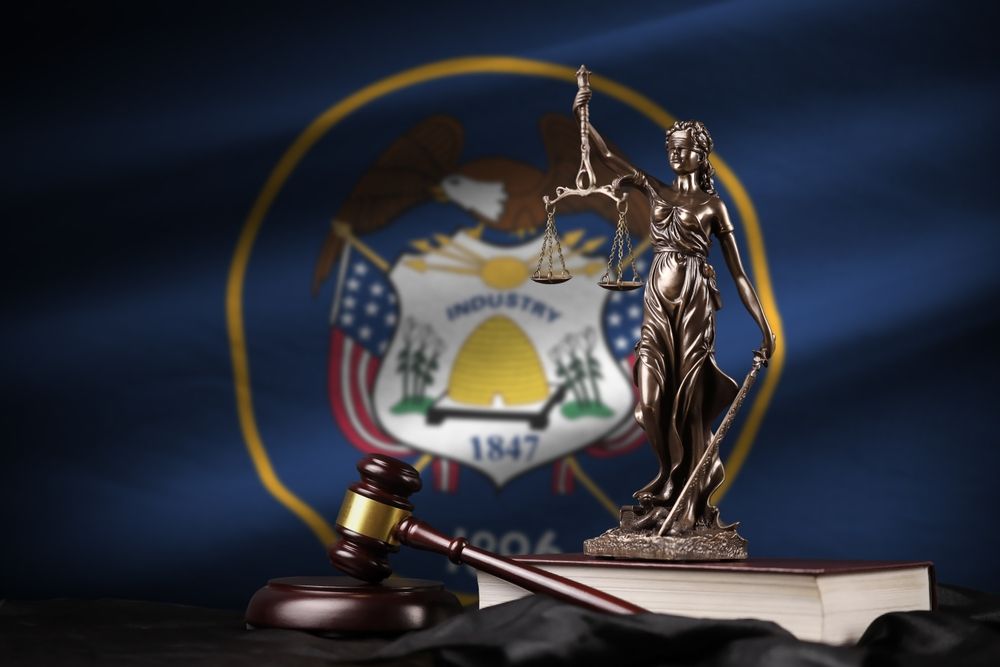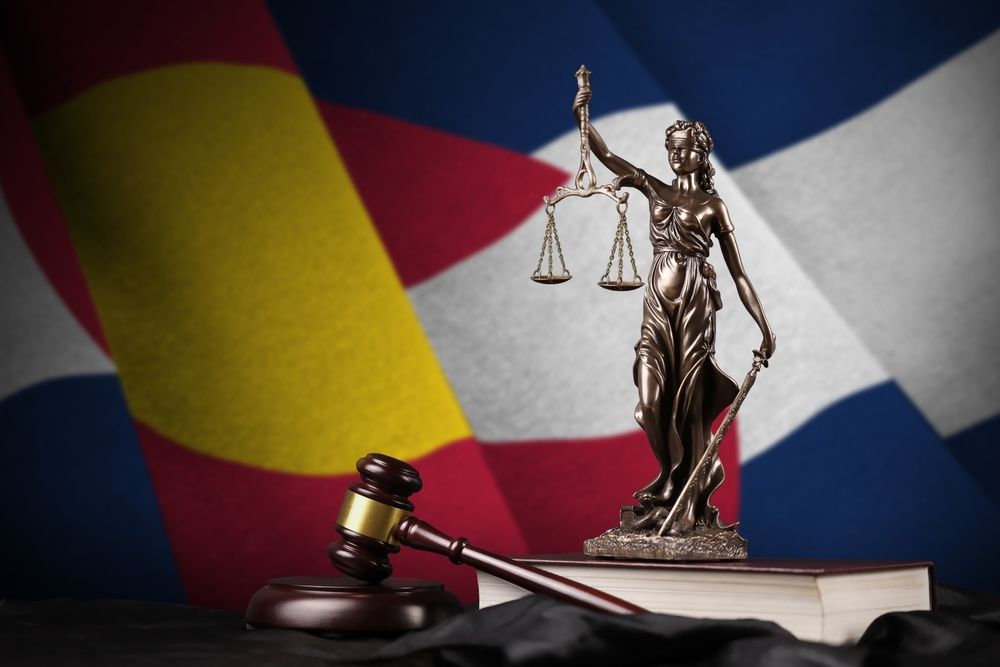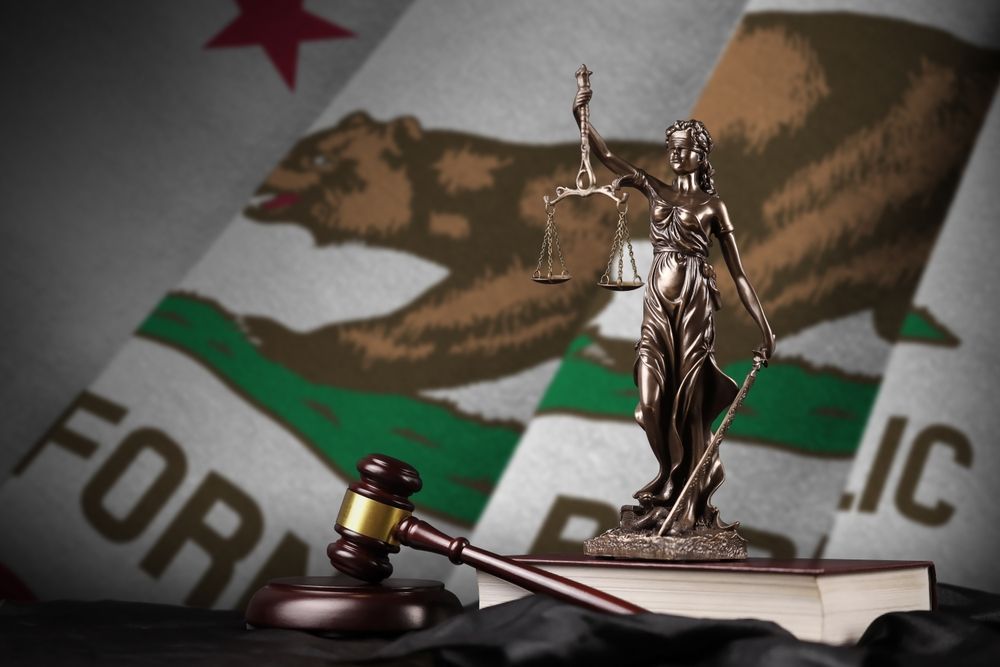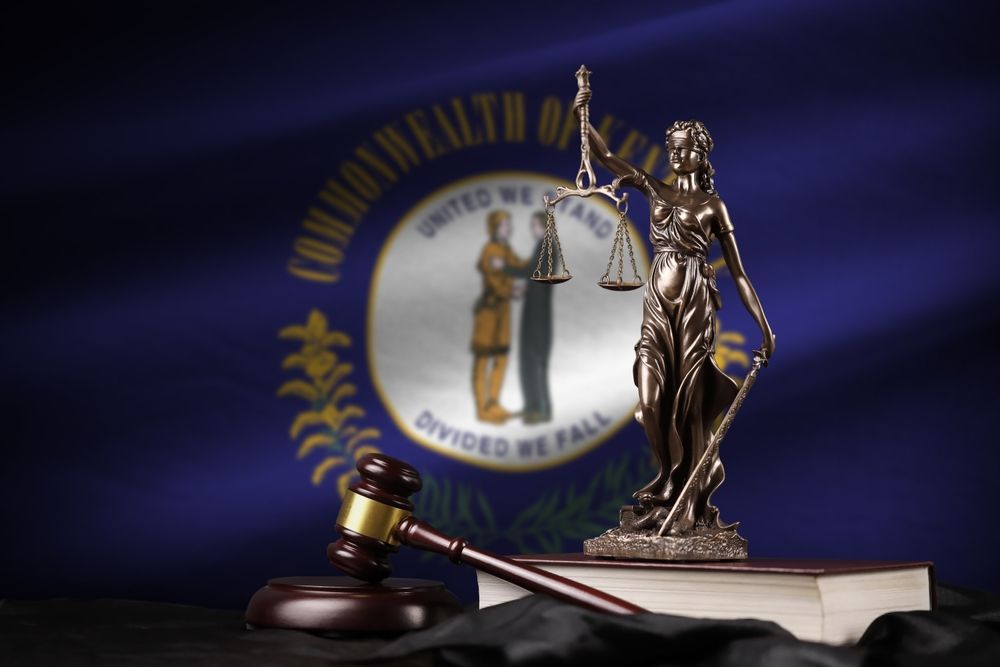Written by: Eagle Eye Screening Solutions
Key Takeaways
- Utah has passed a Clean Slate law that automatically expunges criminal records for cases resulting in dismissal or acquittal as well as for many misdemeanors.
- Before Utah Clean Slate, individuals could petition for expungement of many criminal records, including some felonies. This process is still available.
- A Utah ban-the-box law applies to employers in the public sector but not to private employers.

Utah Clean Slate Act
In 2019, Utah passed a Clean Slate law that requires the automatic expungement of certain criminal records. These include arrests that resulted in dismissal or acquittal as well as many misdemeanors. Eligible misdemeanors include Class A drug possession offenses, most Class B and C misdemeanors, and minor regulatory offenses and infractions. Registrable sex offenses, domestic violence, some weapons-related offenses, simple assault and DUI are excluded from eligibility.
Expunged records will not show up on background checks, and individuals may answer questions as though the offense never occurred. While records will not be available to the public, some court and law enforcement agencies will still see them.
Under the Utah Clean Slate law, records for eligible offenses will be sealed after five to seven years. Acquittals will be sealed after 60 days and dismissals after 180 days.
Utah Background Check Laws
A Utah ban-the-box law applies to public sector employers. With a few exceptions, these employers may not ask about criminal history until after the person has been interviewed. If the hiring process includes no interview, they must extend a conditional employment offer before checking criminal records. These fair chance laws do not apply to private sector employees.
Expungement in Utah
In Utah, expungement does not erase the arrest or conviction, but it restricts information from being seen by anyone other than some government agencies. As far as an employer knows, the incident never took place.
Individuals not covered by the new Clean Slate law may petition for Utah expungement. The waiting period ranges from three to 10 years. Most felonies are eligible for this expungement, but exceptions include registrable sex offenses, felony DUI, vehicular homicide, and repeat offenses of especially harmful crimes.
What CRAs Need to Know About Clean Slate Laws in Utah
CRAs will not be able to retrieve information about expunged criminal records from court records. If they discover them another way, they should not pass the information to a client.
In general, private employers and CRAs are not permitted to request criminal information directly. However, employers may ask individuals to authorize their release to employers and CRAs.
Bottom Line
Utah has joined other states by enacting Clean Slate legislation. The law provides automated expungement of criminal records for many misdemeanors and for arrests that resulted in dismissal or acquittal. Expunged records are no longer available to employers, CRAs and the public, but they can still be seen by certain court and law enforcement agencies.
Utah continues to allow individuals to petition for expungement. This expungement is available for a wider range of offenses than Clean Slate expungement and includes many felonies.




